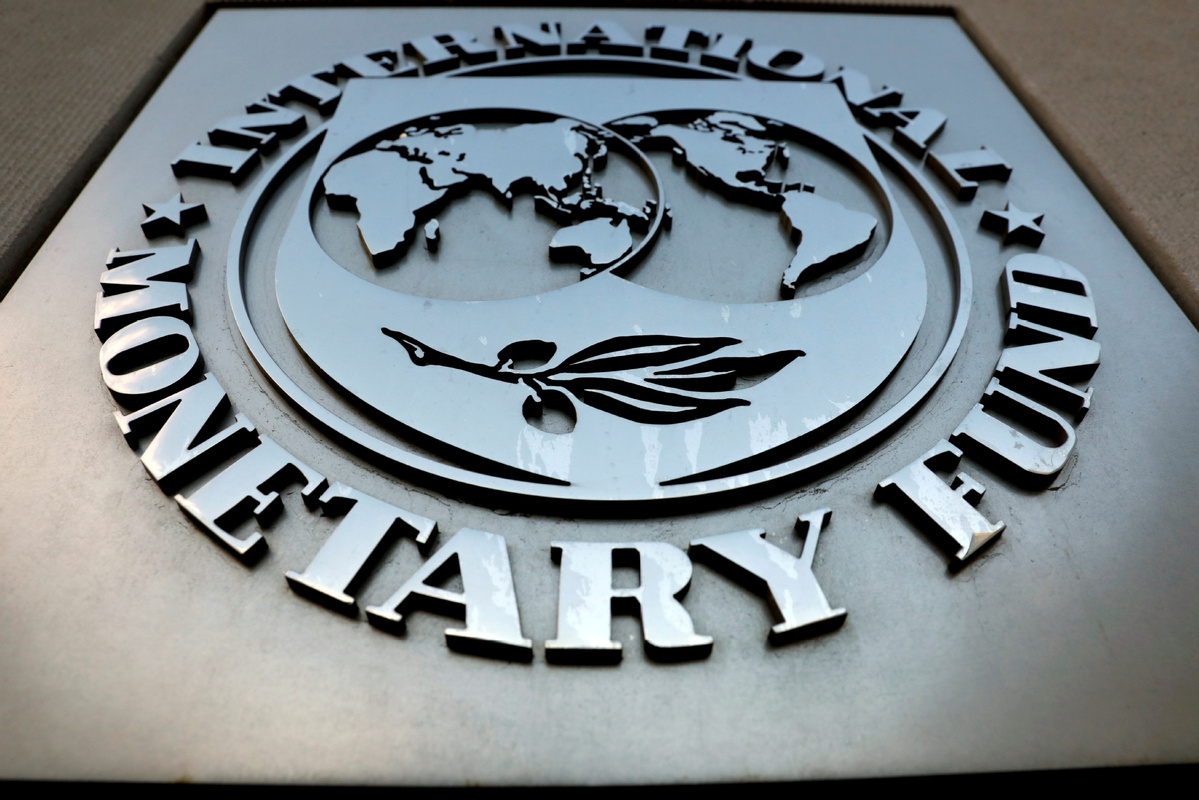Support grows for IMF help for nations in need


WASHINGTON-More than 200 civil society groups on Wednesday urged Group of 20 finance officials to back an issuance of $3 trillion of the International Monetary Fund's own currency, known as special drawing rights, to help countries weather the COVID-19 pandemic.
In an open letter to the IMF and G20 finance ministers, the groups said a new allocation of Special Drawing Rights, or SDRs, would boost the reserves of all countries and avoid pushing low-and middle-income countries further into debt distress. The groups advocating the action include Jubilee USA Network and Oxfam.
G20 finance ministers and central bankers will discuss a possible SDR issuance-a move akin to a central bank printing money-when they meet by video conference on Friday. Proponents note that such a move will not add costs for the IMF members.
Italy, which leads the G20 this year, is pushing for a smaller $500 billion allocation of SDRs, which can be converted to hard currency by IMF members-a move backed by France, Germany and others. The proposal lacks support from the United States.
The US had opposed such a move under the administration of Donald Trump, but has not yet communicated a firm position on a new SDR allocation under President Joe Biden.
The US Treasury has declined to comment on the issue. IMF Managing Director Kristalina Georgieva on Wednesday called for the G20 to take strong policy action to reverse a "dangerous divergence" that she said threatened to leave most developing economies languishing for years.
Liquidity boost
In a blog ahead of Friday's meeting, Georgieva said a new SDR allocation would substantially boost countries' liquidity without increasing their debt burdens. It would also expand the capacity of donor countries to provide new resources, she said.
Religious groups have also weighed in. On Tuesday, the US Conference of Catholic Bishops and the Jubilee USA Network urged Biden to back the $3 trillion allocation. Antipoverty group ONE on Wednesday sought an allocation of $650 billion.
Agencies via Xinhua

































